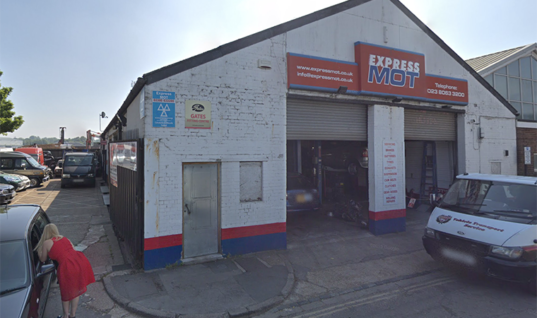Record high temperatures currently being recorded across the UK is likely to result in a spate of alternator failures, Autoelectro has said.
Increased under-bonnet temperatures, as a result of the heatwave coupled with vehicle design changes and specifications, can overload the electronics within the alternator – this can result in premature failure of the alternator.
Furthermore, if an alternator is in the latter stages of its life, the addition of greater heat exposure can also result in breakdown.
Autoelectro UK sales manager, Nick Hood said: “With greater demands on the modern alternator and many of these units finding themselves in a close environment with reduced cooling, a situation where alternator failure occurs in the summer months, opposed to the traditional thinking that winter causes alternator failure, is more apparent these days.”
With the amount of electronics on a modern vehicle and vehicle manufacturers determined to engineer alternators that are smaller in size but emit greater output, Autoelectro says this often results in an alternator that generally gives off more heat.
This dilemma has led to additional ducting – to drive air to the alternator – or, in some instances, the introduction of water-cooled units.
In parallel, vehicle manufacturers are looking to produce a more compact arrangement underneath the bonnet, a consequence of which can be a reduced throughflow of air.
Some engine designs have exacerbated this; for example, a V configuration, where the alternator is often located in the central part of the V arrangement.







